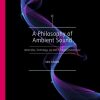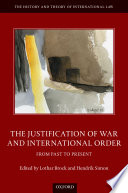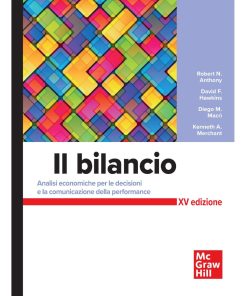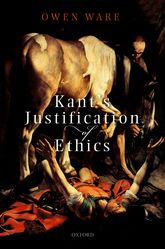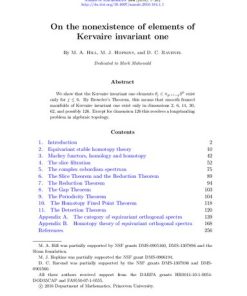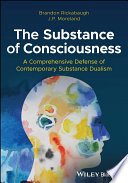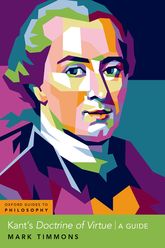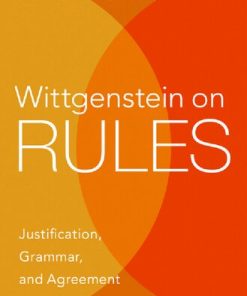The Regensburg Article 5 on Justification: Inconsistent Patchwork or Substance of True Doctrine? Anthony N. S. Lane
$50.00 Original price was: $50.00.$25.00Current price is: $25.00.
The Regensburg Article 5 on Justification: Inconsistent Patchwork or Substance of True Doctrine? – Ebook Instant Download/Delivery ISBN(s): 9780190069421,0190069422, 9780190069445, 0190069449
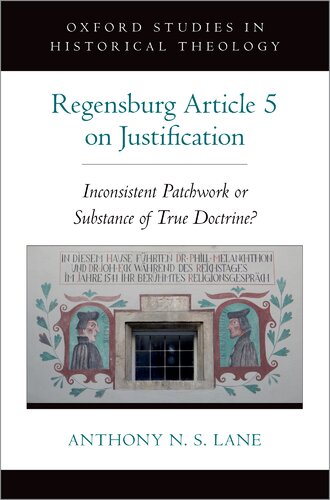
Product details:
- ISBN-10: 0190069449
- ISBN-13: 9780190069445
- Author: Anthony N. S. Lane
The question of the justification of sinners is one of the most complex regions of Christian theology. The Regensburg article on justification proposed a solution that it was hoped would be acceptable to both sides, Protestant and Catholic. In 1541 at the Regensburg Colloquy, three leading Protestant theologians (Melanchthon, Bucer, and Pistorius) and three leading Catholic theologians (Eck, Gropper, and Pflug) debated with the aim of producing a commonly agreed statement of belief. The colloquy as a whole eventually failed, but it began with a statement on justification by faith agreed by all the parties, Article 5″, leading to an initial burst of optimism. There were two contrasting reactions to Article 5. Some, like Calvin, maintained that it contained the substance of true doctrine; others, like Luther, called it an inconsistent patchwork. These two rival assessments have persisted over the centuries. The aim of this book is to decide between them. It does so by viewing the article in the light of the publications of the key participants and observers, as well as by comparing it with the Tridentine Catholic Decree on Justification. Anthony Lane puts the Regensburg article under the microscope, offering both a wide-ranging study of the article’s history and a line-by-line analysis of its content, presenting the original Latin text together with an English translation and running commentary.
Table contents:
1. The Regensburg Colloquy
2. Reactions to Article 5
3. After Regensburg
4. Double Righteousness and Double Justification
5. Text and Commentary
6. Inconsistent Patchwork or Substance of True Doctrine?
People also search:
The Regensburg Article 5 on Justification: Inconsistent Patchwork or Substance of True Doctrine?
What is justification in the Protestant Reformation
What is justification in Lutheran theology
regensburg lecture pdf
regensburg lecture
You may also like…
Jurisprudence & Law - Foreign & International Law
The Justification of War and International Order 1st Edition
Business & Economics - Accounting
(Ebook PDF) Il bilancio 15th Edition by Robert Anthony 8838698694 978-8838698699 full chapters
Politics & Philosophy - Anthropology
Mathematics - Geometry and Topology
On the nonexistence of elements of Kervaire invariant one 1st edition by Michael Anthony Hill
Politics & Philosophy - Major Branches of Philosophical Study
Politics & Philosophy - Anthropology
Kant’s Doctrine of Virtue 1st edition by Mark Timmons 0190939257 9780190939250



